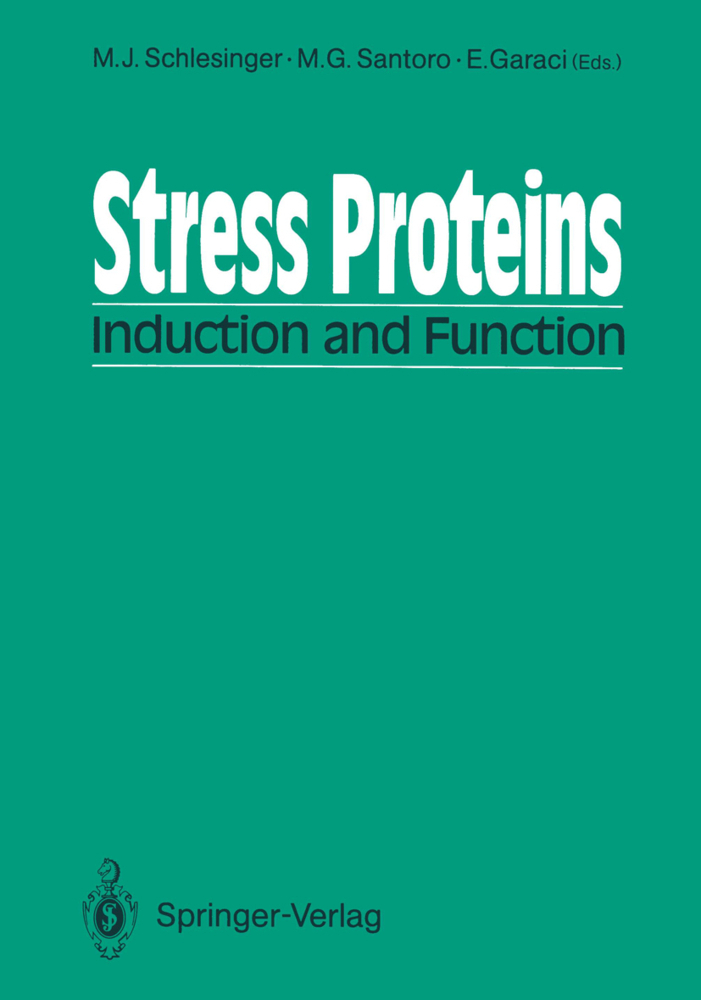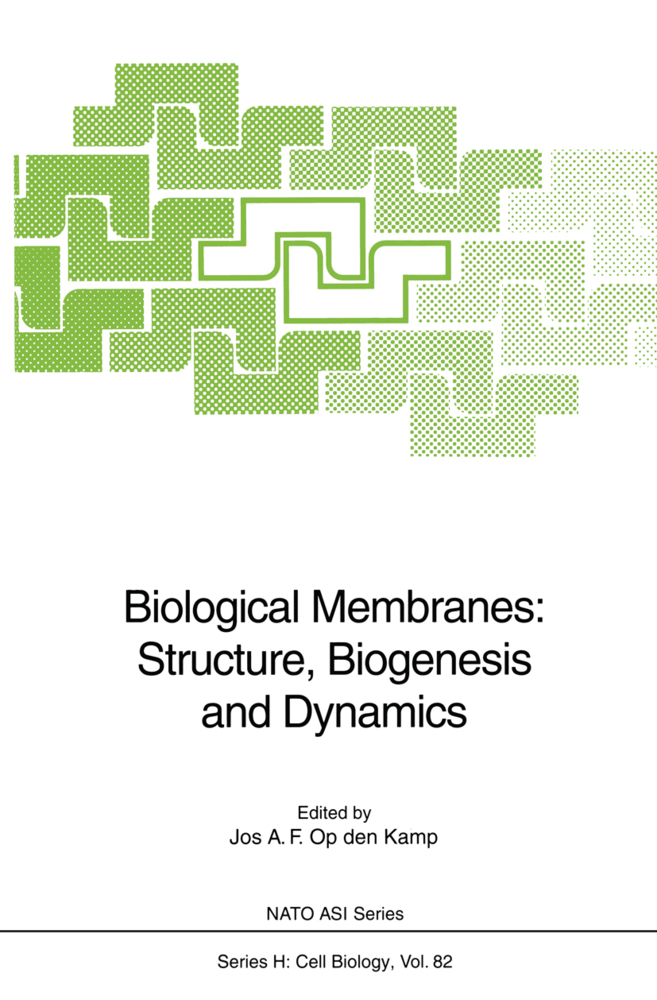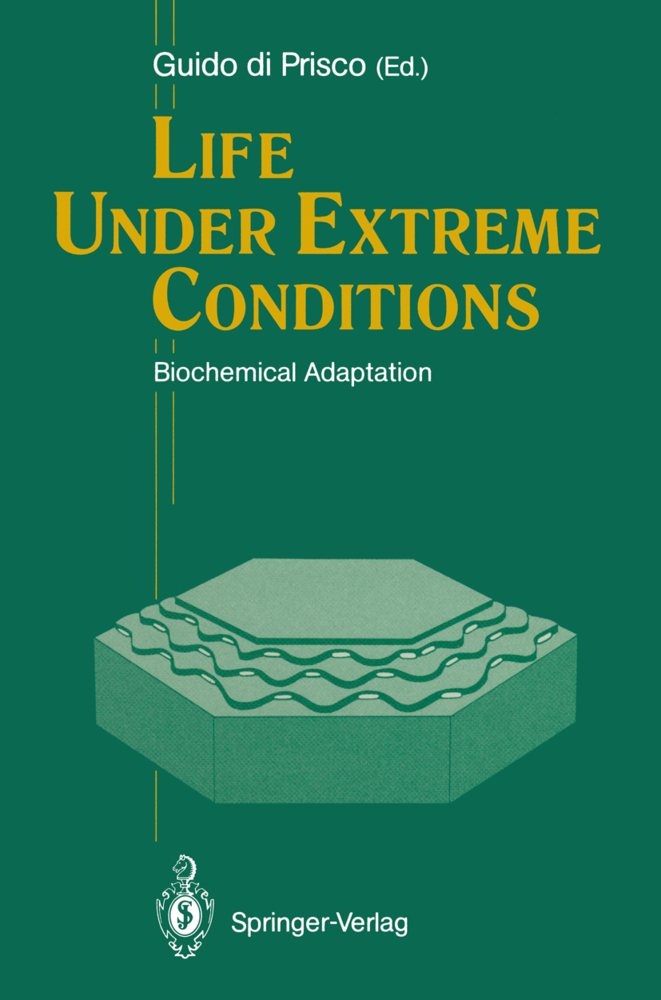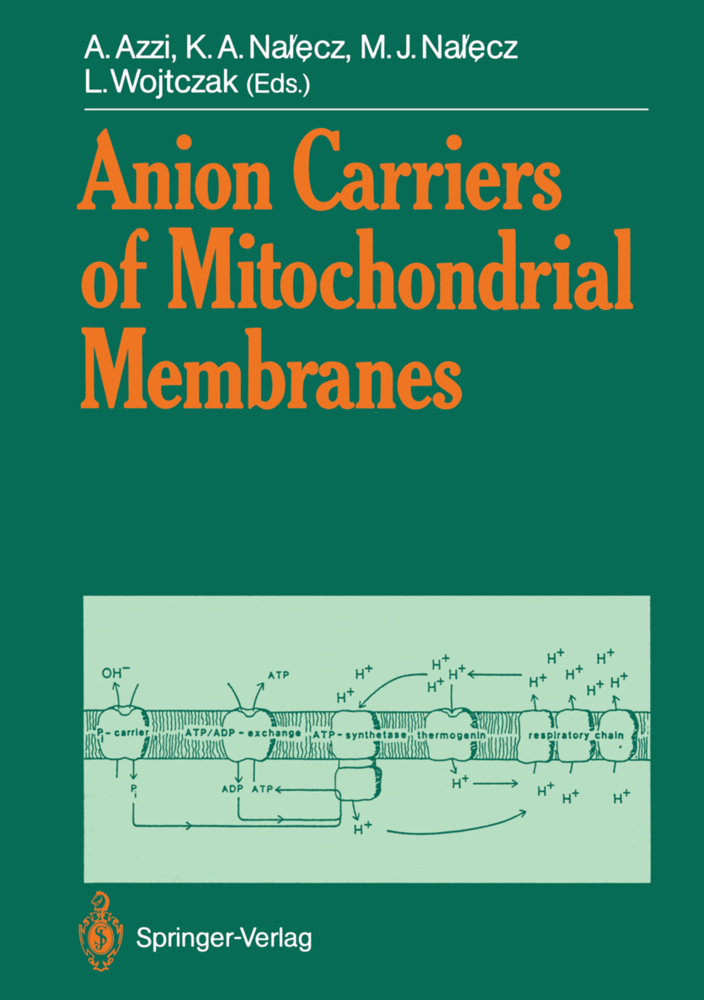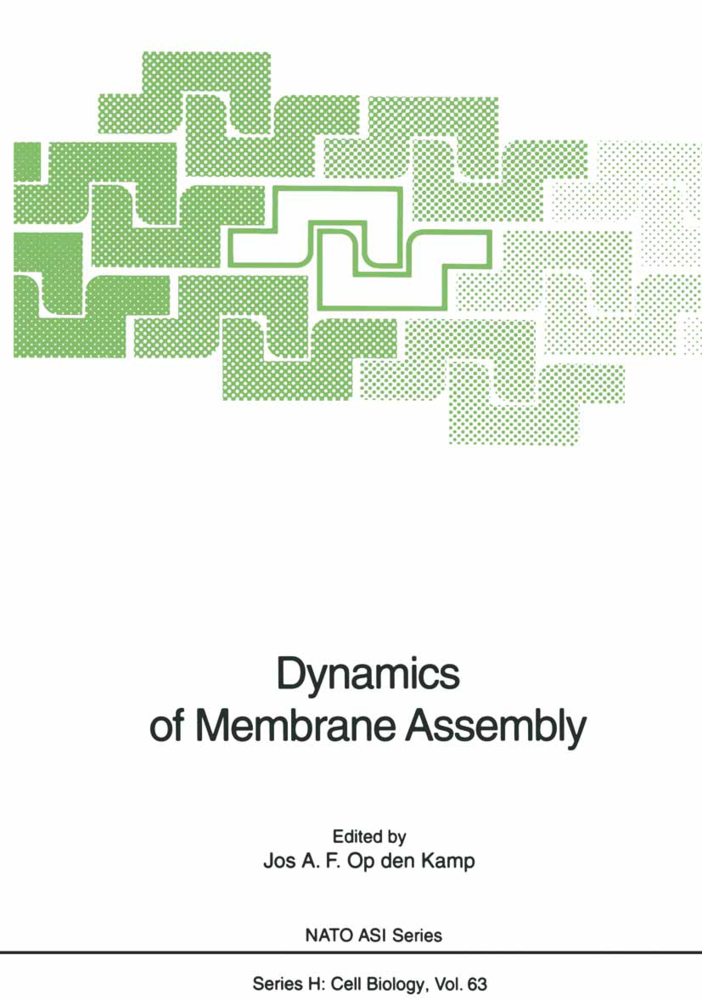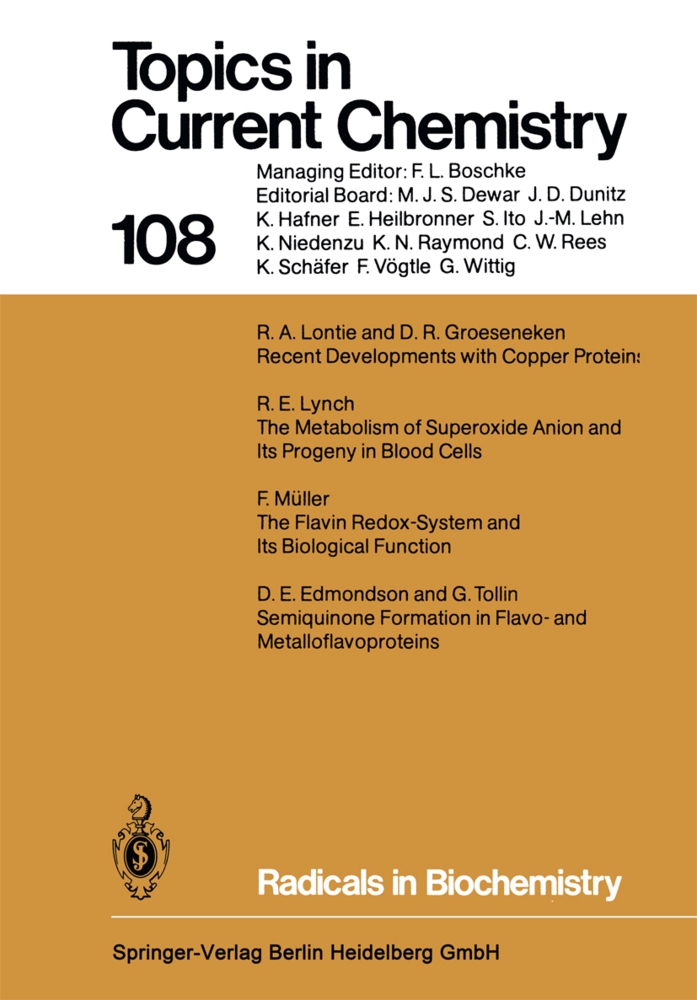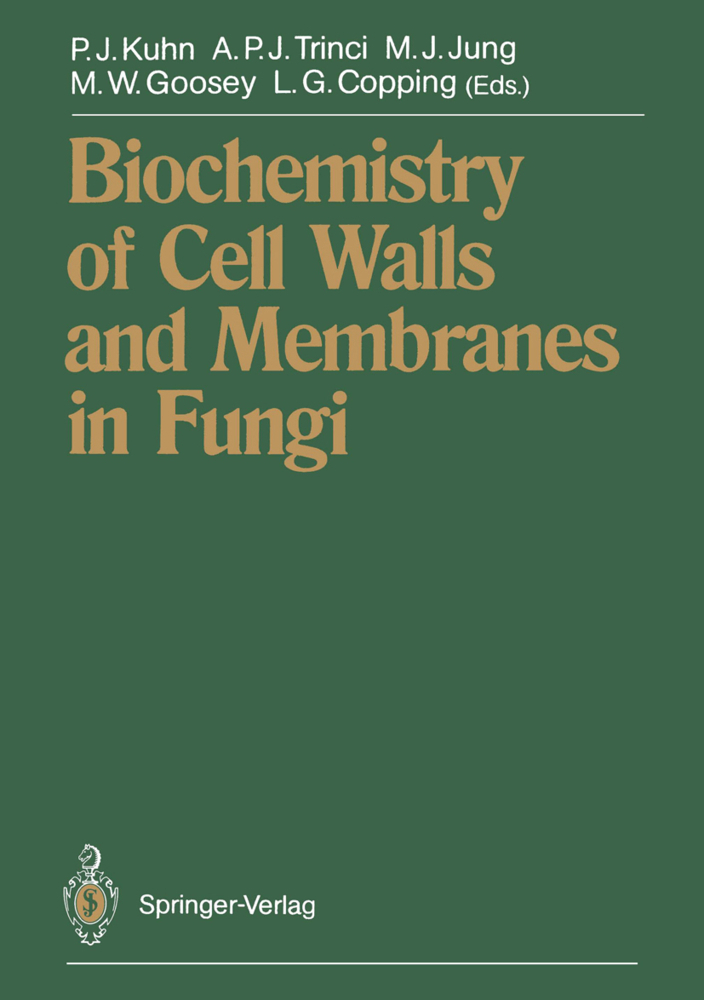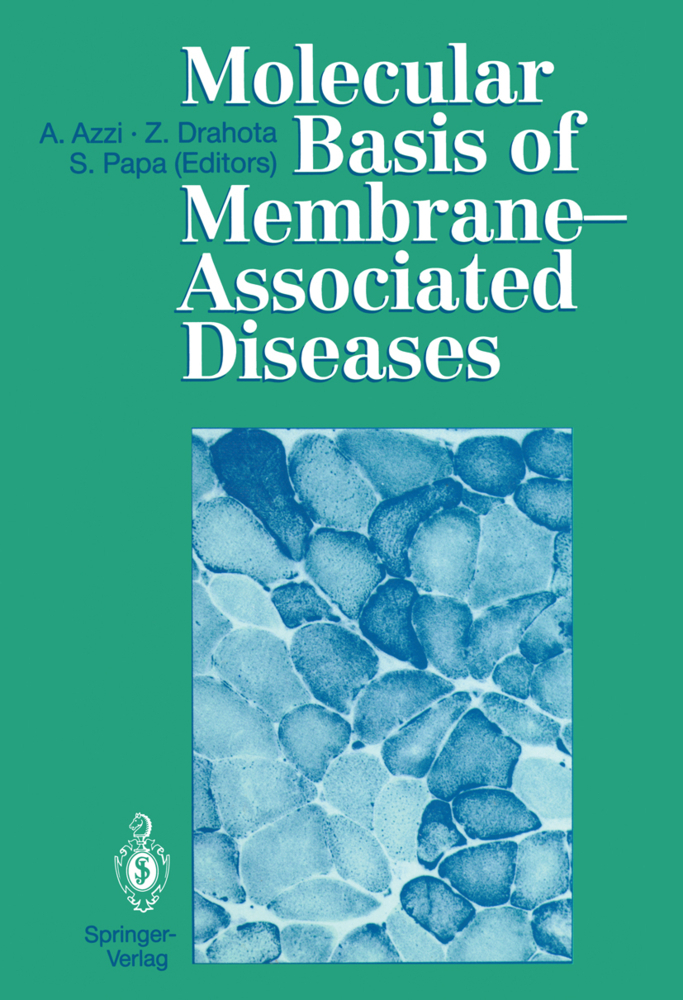Stress Proteins
Induction and Function
Stress Proteins
Induction and Function
All living organisms are exposed to rapidly changing environmental conditions which may lead to external stress. How organisms cope with stress - especially on the molecular level - is explained in Stress Proteins. Cells react to external stress - where the temperature-induced reaction known as "heat shock response" is the best studied example of stress - by activating special genes and subsequently synthesizing stress proteins. Surprisingly, this stress response is not only similar for all types of stress but even the involved stress proteins are virtually identical in all organisms from prokaryotic to eukaryotic cells, from bacteria to humans. This universality shows that stress proteins are vital for surviving and indicates that these proteins play an essential role in normal cell functions, in cell growth and metabolism. This explains the great interest in stress response research.
3 Induction of HSP70 by Prostaglandins
4 Heat Shock and Adaptation During Temperature-Activated Dimorphism in the Fungus Histoplasma capsulatum
5 The Cellular Functions of Chaperonins
6 Mitochondrial Protein Import: Unfolding and Refolding of Precursor Proteins
7 The Ubiquitin System and the Heat Shock Response
8 Protein Denaturation During Heat Shock and Related Stress
9 Mechanisms of Stress-Induced Thermo- and Chemotolerances.
1 Transcription of the Human HSP70 Gene: cis-Acting Elements and trans-Acting Factors Involved in Basal, Adenovirus E1A, and Stress-Induced Expression
2 Active Oxygen Species and Heat Shock Protein Induction3 Induction of HSP70 by Prostaglandins
4 Heat Shock and Adaptation During Temperature-Activated Dimorphism in the Fungus Histoplasma capsulatum
5 The Cellular Functions of Chaperonins
6 Mitochondrial Protein Import: Unfolding and Refolding of Precursor Proteins
7 The Ubiquitin System and the Heat Shock Response
8 Protein Denaturation During Heat Shock and Related Stress
9 Mechanisms of Stress-Induced Thermo- and Chemotolerances.
Schlesinger, Milton J.
Santoro, M. Gabriella
Garaci, Enrico
| ISBN | 978-3-642-75817-1 |
|---|---|
| Artikelnummer | 9783642758171 |
| Medientyp | Buch |
| Auflage | Softcover reprint of the original 1st ed. 1990 |
| Copyrightjahr | 2012 |
| Verlag | Springer, Berlin |
| Umfang | VIII, 123 Seiten |
| Abbildungen | VIII, 123 p. |
| Sprache | Englisch |

